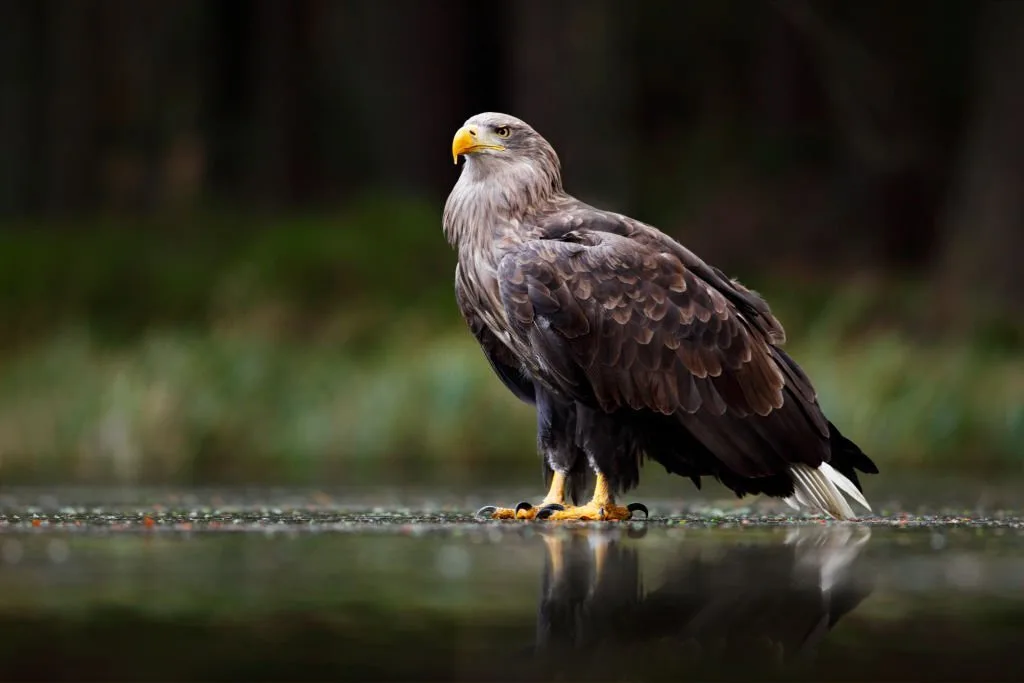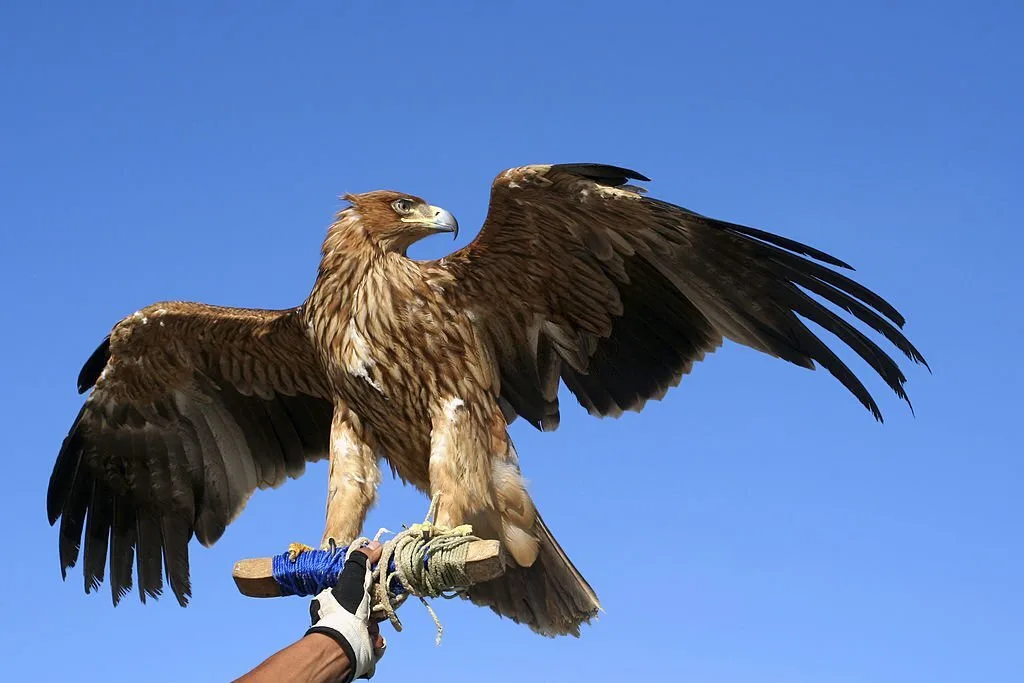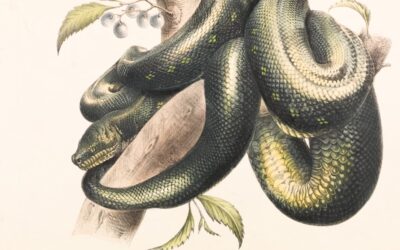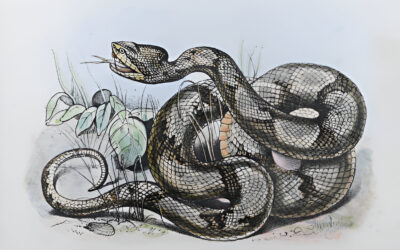Eagles in NC – Uncovering the World of Eagles in North Carolina

Introducing eagles in NC – North Carolina
Overview of eagles inhabiting the state, their habitats and behavior
North Carolina is home to a variety of eagles, from the majestic bald eagles soaring above the state’s coastal regions to the more reclusive golden eagles found in its mountain ranges. In this article, we will explore these magnificent birds and uncover their fascinating world. From their habitats and behavior, to conservation efforts being taken to protect them, discover what makes eagles such an important part of North Carolina’s natural landscape. Learn how eagles hunt and feed, migrate between regions and interact with humans living in the state. Finally, find out what can be done to ensure that eagles remain a cherished part of North Carolina for future generations.
From bald eagles in its coastal regions to golden eagles in its mountain ranges. These majestic birds are an integral part of the state’s ecology and culture, and are one of the most beloved species among birdwatchers, photographers and conservationists alike.
Introducing eagles in North Carolina

Overview of eagles inhabiting the state, their habitats and behavior
North Carolina is home to a variety of eagles, from the majestic bald eagles soaring above the state’s coastal regions to the more reclusive golden eagles found in its mountain ranges. In this article, we will explore these magnificent birds and uncover their fascinating world. From their habitats and behavior, to conservation efforts being taken to protect them, discover what makes eagles such an important part of North Carolina’s natural landscape. Learn how eagles hunt and feed, migrate between regions and interact with humans living in the state. Finally, find out what can be done to ensure that eagles remain a cherished part of North Carolina for future generations.
From bald eagles in its coastal regions to golden eagles in its mountain ranges. These majestic birds are an integral part of the state’s ecology and culture, and are one of the most beloved species among birdwatchers, photographers and conservationists alike.
From bald eagles in its coastal regions to golden eagles in its mountain ranges. These majestic birds are an integral part of the state’s ecology and culture, and are one of the most beloved species among birdwatchers, photographers and conservationists alike.
Different Species of Eagles Found in NC
Uncover different species of eagles found in NC across the state
Golden eagles are another species of eagles that can be found in the state, though they are more reclusive and harder to spot. They inhabit mountainous regions and prefer open grasslands or woodlands where they can hunt small mammals like rabbits and squirrels.
Furthermore, eagles in North Carolina have different behaviors depending on the season. During breeding season (March-August) eagles become territorial and may be seen swooping down to chase off intruders. In fall, eagles begin their migration south to warmer climates, while in winter they come back to the state’s coastal regions.

Different Species of Eagles Found in NC
Uncover different species of eagles found across the state

Golden eagles are another species of eagles that can be found in the state, though they are more reclusive and harder to spot. They inhabit mountainous regions and prefer open grasslands or woodlands where they can hunt small mammals like rabbits and squirrels.
Furthermore, eagles in North Carolina have different behaviors depending on the season. During breeding season (March-August) eagles become territorial and may be seen swooping down to chase off intruders. In fall, eagles begin their migration south to warmer climates, while in winter they come back to the state’s coastal regions.

How Eagles Hunt and Feed
Discover how eagles hunt and feed in North Carolina
Eagles also use their keen sense of hearing to detect prey, often perching high in trees or on telephone poles and scanning the ground for potential meals. If eagles are unable to find food, they will scavenge for carrion (dead animals) or steal from other birds.
How Eagles Hunt and Feed
Discover how eagles hunt and feed in North Carolina

Eagles also use their keen sense of hearing to detect prey, often perching high in trees or on telephone poles and scanning the ground for potential meals. If eagles are unable to find food, they will scavenge for carrion (dead animals) or steal from other birds.
Conservation Efforts
What is being done to protect eagles in NC North Carolina?
In addition, the NCWRC also monitors eagle nests so that they can be kept safe from disturbance or destruction. They also work with local landowners to provide eagles with suitable nesting habitat and land management practices.
Finally, the NCWRC works closely with other organizations such as Audubon North Carolina to promote public awareness and education on eagles and other wildlife conservation efforts.

Conservation Efforts
What is being done to protect eagles in NC North Carolina?

In addition, the NCWRC also monitors eagle nests so that they can be kept safe from disturbance or destruction. They also work with local landowners to provide eagles with suitable nesting habitat and land management practices.
Finally, the NCWRC works closely with other organizations such as Audubon North Carolina to promote public awareness and education on eagles and other wildlife conservation efforts.

Interaction with Humans
How eagles interact with humans living in North Carolina
Furthermore, eagles often become habituated to humans when they are exposed to them. This can lead to eagles becoming more comfortable around people and even approaching them for food. Although this may seem like a positive interaction, it can be dangerous for the eagles as they become reliant on human food sources.
Interaction with Humans
How eagles interact with humans living in North Carolina

Furthermore, eagles often become habituated to humans when they are exposed to them. This can lead to eagles becoming more comfortable around people and even approaching them for food. Although this may seem like a positive interaction, it can be dangerous for the eagles as they become reliant on human food sources.
Migratory Patterns of Eagles
Learn about the migratory patterns of eagles in NC
In winter eagles return to the state’s coastal regions, where they find plenty of food sources and are less vulnerable to cold temperatures. In spring eagles return to more inland areas as the weather warms up and begin nesting again. Eagles may also make small migratory movements during the year, as they search for food sources or to avoid unfavorable conditions.

Migratory Patterns of Eagles
Learn about the migratory patterns of eagles in NC

In winter eagles return to the state’s coastal regions, where they find plenty of food sources and are less vulnerable to cold temperatures. In spring eagles return to more inland areas as the weather warms up and begin nesting again. Eagles may also make small migratory movements during the year, as they search for food sources or to avoid unfavorable conditions.
Conclusion
More From This Category
Discover Ohio’s Garter Snakes and Their Habitats
Ohio has various garter snakes, each with unique characteristics and behaviors. These snakes play a significant role in Ohio's wildlife, contributing to the ecosystem in multiple ways. This comprehensive guide will explore the different types of garter snakes found in...
Discover Tennessee’s Hidden Gems The Rat Snake Guide You Need
Introduction Rat snakes are a fascinating and vital part of Tennessee’s wildlife. These nonvenomous snakes play a crucial role in maintaining the balance of our ecosystem. Understanding them helps us coexist peacefully and contributes to conservation efforts. This...
Discovering Alabama Kingsnakes: A Comprehensive Guide for Reptile Enthusiasts
Alabama is home to some of the most fascinating kingsnakes in the United States. These reptiles play a crucial role in the ecosystem and captivate reptile enthusiasts with their unique behaviours and striking appearances. Whether you're a seasoned herpetologist or a...


